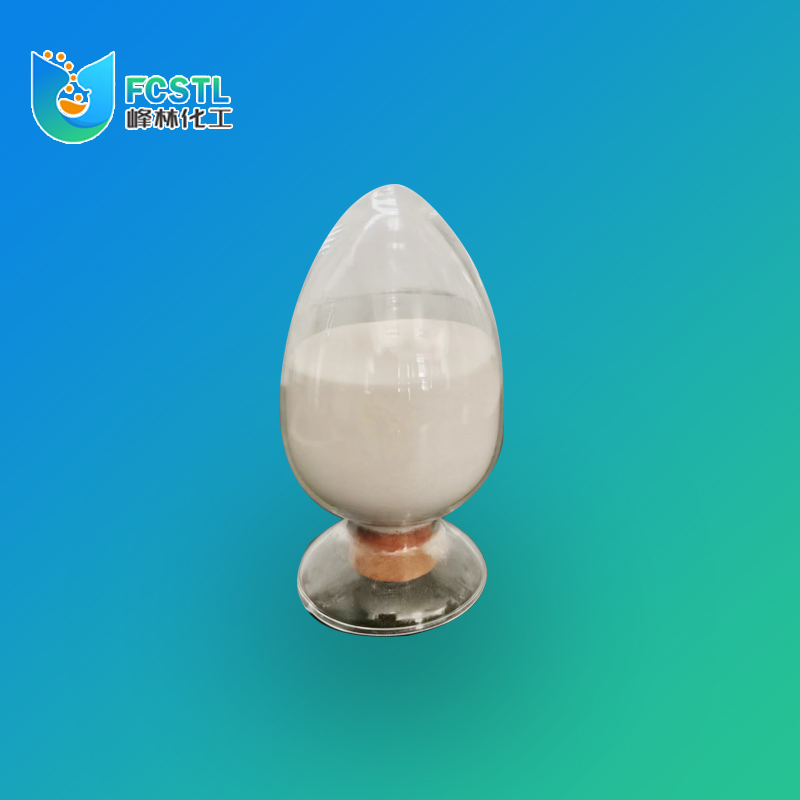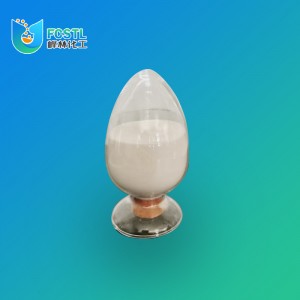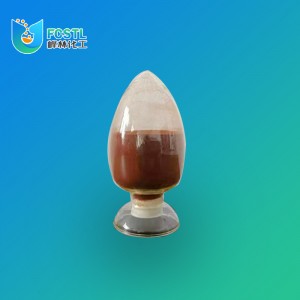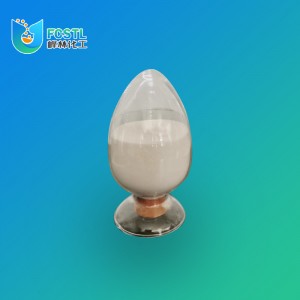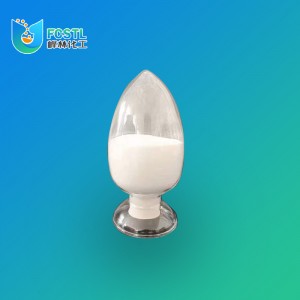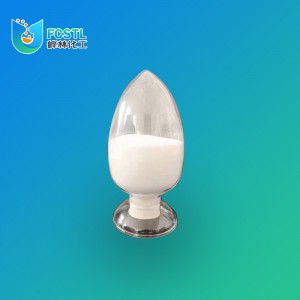FC-633S High Temperature Fluid Loss Control Additives
• FC-633S has a high viscosity of low shear rate, which can effectively enhance the suspension stability of the cement slurry system, maintain the fluidity of the slurry, prevent sedimentation at the same time, it has a good salt resistance performance , but it has not anti gas channeling function because of the change of functional group.
• FC-633S has good versatility and can be used in a variety of cement slurry systems. It has good compatibility with other additives.
• FC-633S is suitable for wide temperature with high temperature resistance up to 230℃. After use, the fluidity of cement slurry system is good, stable with less free liquid and without retarding set and the early strength at low temperature develops quickly. It is suitable for fresh water/salt water slurry preparation.
High-temperature oil fields face a unique set of challenges when it comes to well cementing. One of these challenges is the issue of fluid loss, which can occur when the drilling mud filtrate invades the formation and causes a reduction in the fluid volume. To solve this problem, we have developed a specialized fluid loss reducer that is specifically designed for use in high-temperature oil fields. FC-633S is a high temperature fluid loss control additive and it is suitable for North American market.
| Product | Group | Component | Range |
| FC-633S | FLAC MT | AMPS+NN | <180degC |
|
Item |
Index |
|
Appearance |
White to light yellow powder |
|
Item |
Technical index |
Test condition |
|
Water loss, mL |
≤100 |
80℃,6.9MPa |
|
Multiviscosity time, min |
≥60 |
80℃,45MPa/45min |
|
initial consistency, Bc |
≤30 |
|
|
Compressive strength, MPa |
≥14 |
80℃,normal pressure,24h |
|
Free water, mL |
≤1.0 |
80℃, normal pressure |
| Component of cement slurry: 100% grade G cement (High sulfate-resistant)+44.0% fresh water+0.6% FC-633S+0.5 % defoaming agent. | ||
Fluid loss control agents have been introduced to oil-well cement slurries for more than 20 years, and the cementing industry has come to recognize a considerable improvement in the quality of cementing projects. In fact, it is well accepted that a lack of fluid loss management may be to blame for primary cementing failures due to excessive density increase or annulus bridging, and that cement filtrate invasion of the formation may be detrimental to the output. Fluid loss additives can help cement slurry recover more efficiently by preventing oil and gas layer contamination as well as successfully controlling fluid loss of the cement slurry.


